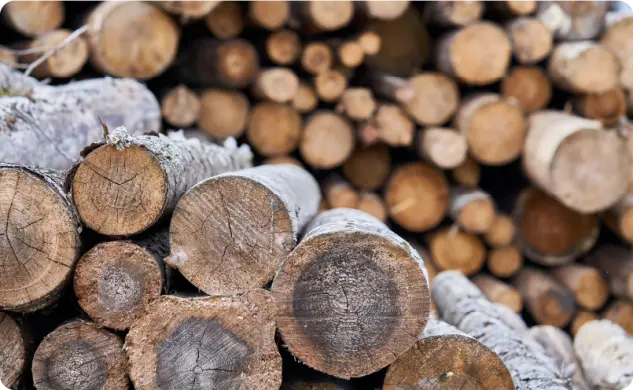UK-EU import changes 2025: Border checks scrapped for medium-risk fruit and vegetables.
- Tue, June 10, 2025
- 1.5 minute read

UK delays import checks on medium-risk EU fruit and vegetables until 2027
This update means that medium-risk fruit and vegetable products such as tomatoes, grapes, cherries, peaches, peppers, apples and pears can continue to enter the United Kingdom without physical import checks or associated border fees until at least January 2027.
The decision is intended to ease trade pressures, reduce costs, and strengthen supply chains as the UK and EU work toward a more integrated SPS zone. It also ensures that UK food businesses have continued access to essential produce with minimal disruption.
EU fruit and vegetable risk categories revised
In parallel with this development, the Department for Environment, Food & Rural Affairs (Defra) has implemented a risk reclassification of specific plants and plant products. Following a scientific review, seven commodity groups — including apples and pears — were reclassified from medium to low risk effective 30 January 2025.
This change allows these goods to move freely into the UK from the EU, Switzerland, and Liechtenstein without being subject to import checks or fees, regardless of any future changes to SPS policy.
What the UK import check waiver means for EU fruit and veg importers
For importers, this provides a much-needed period of regulatory stability and cost savings:
- Medium-risk EU fruit and vegetables will not require physical checks or fees until 31 January 2027.
- Low-risk reclassified commodities (e.g. apples and pears) continue to benefit from no checks or fees beyond that date.
- A future SPS agreement with the EU could permanently eliminate routine border checks, further simplifying trade.
However, compliance with the Border Target Operating Model (BTOM) remains mandatory — including digital documentation and surveillance protocols.
How Gaston Schul helps you navigate UK-EU customs regulation changes
At Gaston Schul, we specialise in making complex customs transitions feel seamless. Our team of experts is here to ensure that your business:
- Stays fully compliant with changing SPS and BTOM rules
- Minimises delays and mitigates supply chain risks
- Takes advantage of all available easements and classifications
- Is ready to act the moment new agreements or processes are confirmed
Whether you’re dealing with fruit, vegetables, or other regulated commodities, we handle the customs side so you can focus on your business.
Action steps for importers ahead of the UK border check rollout
To ensure your business remains compliant and efficient amidst these changes, consider the following steps:
- Review your current commodity codes and BTOM classifications
- Identify which of your goods are now considered low risk
- Monitor government updates on the potential future introduction of import checks for medium-risk goods
- Consider partnering with a customs expert to keep operations friction-free
Related News & Articles
Get our expert insights and customs resources delivered straight to your inbox
By subscribing, you consent to be contacted by Gaston Schul about our relevant content, products and events. You can opt-out at any time. For more information, please see our privacy policy.




